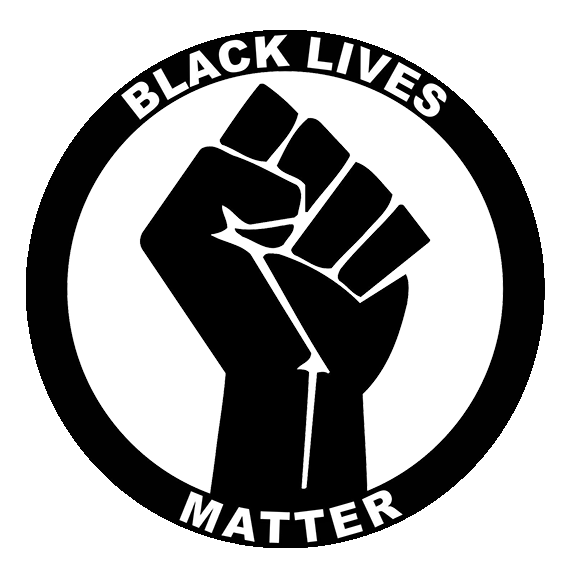What is Depression?
Depression, also known as major depressive disorder or clinical depression, is a mood disorder that involves persistent feelings of sadness and a loss of interest in daily activities. It can affect anyone anaging depression is crucial for improving mental well-being. Seeking professional help, such as therapy or counseling, is a key step. Medication may be prescribed in some cases. Additionally, adopting healthy lifestyle habits like regular exercise, a balanced diet, and sufficient sleep can contribute to managing depressive symptoms. Connecting with a support system, whether it’s friends, family, or support groups, is essential. Remember, you don’t have to face depression alone, and help is available.
What is Bipolar disorder?
Attachment trauma is a type of early relational trauma which happens when the healthy bond formation between a baby or child and their primary caregiver is disrupted. A strong attachment is built when caregivers consistently provide comfort, affection, and meet basic needs. However, a lack of affection or abusive behavious can result in attachment trauma.
We are here to educate, understand and help address attachment trauma as it is crucial for healthy relationships and emotional well-being.
What is Loss and grief and how to manage it?
Where there is loss, there is grief. It is a normal response to loss. When something or someone you love, to which you are attached, is taken away, the emotional suffering arising from its loss is grief. It is a big mix of challenging emotions, from anger to guilt to sadness. Your psychology and biology change in such situations, and the intensity of the loss varies with the intensity of the grief.
What is Persistant Depression and how is it different from major depression?
Post-traumatic Stress Disorder (PTSD) is a condition that can develop after experiencing or witnessing a shocking or dangerous event, such as war, natural disasters, assault, abuse, or accidents. Both children and adults with PTSD may feel anxious or stressed, even when there’s no immediate danger.
Signs of PTSD include persistent stress and fear after the danger has passed. These symptoms can disrupt daily life, affecting school, work, or relationships. To be considered PTSD, these signs must last more than a month and significantly impact one’s daily functioning.
Cognitive Behavioral Therapy (CBT), Eye Movement Desensitization and Reprocessing (EMDR) can prove helpful along with supportive relationships and self-care practices.
Key Resources
Our Process
Step 1: You book a 20 minutes consultation.
Step 2: We learn about you, understand you, listen to you and co-create a solution that works for you.
Step 3: We schedule you for 50-70 minutes long sessions depending upon your needs where we equip you with social, adaptive and emotional intelligence using science.
© Busic Consulting INC. 2020 - 2024. All Rights Reserved.
© Busic Psychology Professional Corporation, 2020 - 2024. All Rights Reserved.



